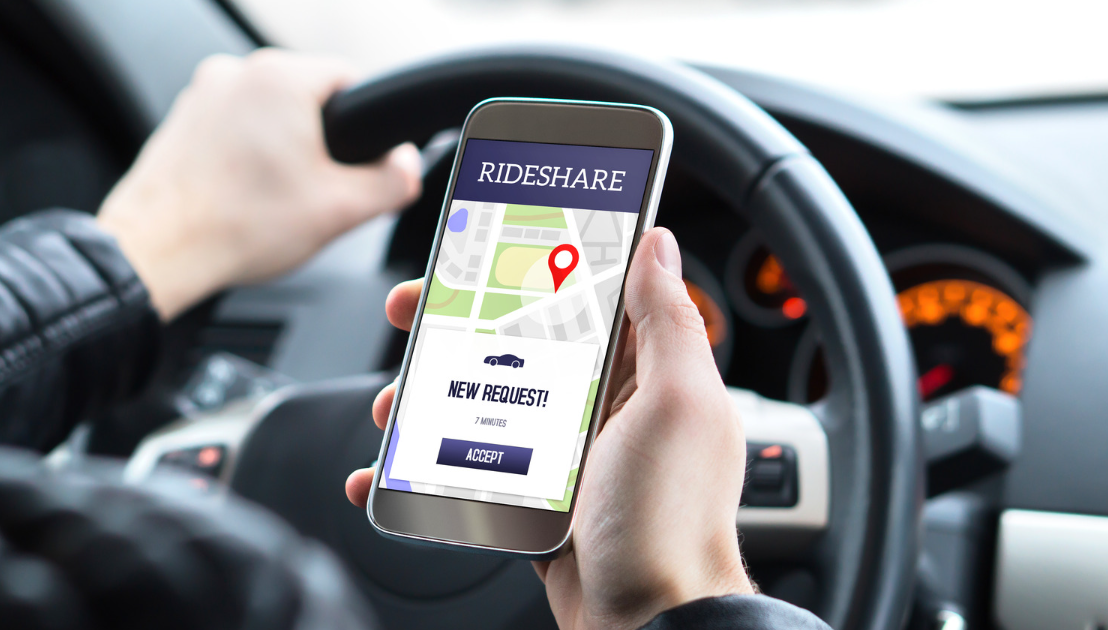
Insurance Considerations for Ridesharing and Delivery Drivers
As the gig economy continues to thrive, more individuals are taking on roles as ridesharing and delivery drivers to earn extra income. However, it’s important to understand the insurance considerations specific to these professions. In this blog post, we will explore the insurance landscape for ridesharing and delivery drivers, highlighting key factors to consider to ensure proper coverage and protect both yourself and your passengers.
Personal Auto Insurance Policy:
- Start by reviewing your personal auto insurance policy. Most personal policies do not cover commercial activities like ridesharing or delivery services.
- Inform your insurance provider about your intention to become a ridesharing or delivery driver to understand any limitations or exclusions.
Ridesharing Company Coverage:
- Ridesharing companies typically provide liability coverage when you’re actively engaged in a ride or delivery.
- Familiarize yourself with the coverage limits and the specific circumstances in which their insurance applies.
Gap Coverage:
- Understand the concept of “insurance gap” that occurs when you are driving for ridesharing or delivery purposes but don’t have a passenger or package on board.
- Consider purchasing additional coverage known as gap insurance to bridge this gap and provide protection during this period.
Commercial Auto Insurance:
- For full-time or frequent ridesharing and delivery drivers, consider obtaining commercial auto insurance.
- Commercial policies are designed to cover vehicles used for business purposes and offer broader protection than personal policies.
Rideshare Endorsements:
- Some insurance companies offer rideshare endorsements that can be added to your personal auto policy.
- These endorsements provide coverage for both personal and ridesharing activities, ensuring comprehensive protection.
Delivery-Specific Coverage:
- If you primarily work as a delivery driver, check if your auto insurance policy covers commercial delivery services.
- In some cases, you may need to secure additional coverage specific to delivery activities.
Umbrella Insurance:
- Consider purchasing an umbrella insurance policy that provides additional liability coverage beyond the limits of your auto insurance.
- This can offer extra protection in case of severe accidents or lawsuits.
Documentation and Reporting:
- Keep detailed records of your ridesharing or delivery activities, including trip logs, receipts, and any incident reports.
- Promptly report any accidents or incidents to your insurance provider and the ridesharing or delivery company.
As a ridesharing or delivery driver, it’s crucial to understand and address your insurance needs. Review your personal auto insurance policy, familiarize yourself with the coverage provided by the ridesharing or delivery company, and consider additional coverage options like gap insurance or commercial auto insurance. Explore rideshare endorsements, delivery-specific coverage, and umbrella insurance for comprehensive protection. Keep meticulous records and promptly report any incidents. By ensuring you have the right insurance coverage, you can drive with confidence and protect yourself and your passengers on the road.
